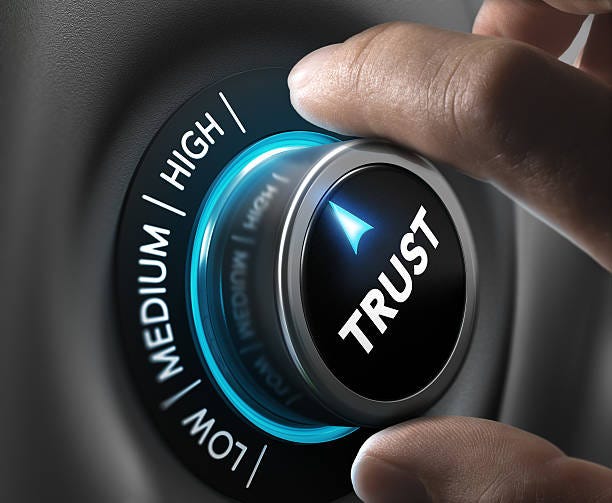Book Appointment Now
Maladaptive Daydreaming: Can Excessive Daydreaming Lead to Trust Issues in Your Relationships?

Today, we will delve into the intriguing connection between maladaptive daydreaming and trust issues in personal relationships. It’s a question that often surfaces: can an individual’s liking for excessive daydreaming affect their ability to trust and connect with others? In this article, we will explore how excessive daydreaming can indeed lead to the development of trust issues, shedding light on the underlying factors and offering insights on how to address them.
The Stigma Surrounding Excessive Daydreaming
First and foremost, it’s important to acknowledge the stigma associated with excessive daydreaming. Not everyone understands this behavior, including your partner or close friends. They may perceive it as odd or wonder why you can’t simply stop it. The fear of judgment or not being understood can lead you to withhold your daydreaming experiences from those you should trust the most. This withholding of a significant part of your life can create a divide and erode trust in your relationships.
The Fear of Vulnerability
In real-life relationships, vulnerability is a double-edged sword. On one hand, sharing your thoughts and feelings can strengthen connections, but on the other hand, it can expose you to potential hurt or manipulation. People often fear this vulnerability in real-world interactions, and as a coping mechanism, they choose to be vulnerable in their imaginary worlds. In their daydreams, they create friends and scenarios they can control, providing a sense of safety that may be lacking in real life. Consequently, a belief develops that sharing with real people carries the risk of betrayal or manipulation, fostering distrust.
Isolation and Trust Issues
The more you retreat into your imaginary world and avoid sharing your thoughts and feelings with those in the real world, the more isolated you become. This isolation exacerbates trust issues because you start believing that people in the real world cannot be trusted. You may think they won’t understand what you’re going through, or even worse, they might use your vulnerabilities against you. This growing mistrust in real-world relationships can lead to a profound sense of isolation and further distance you from those who genuinely care about you.
The Root of Trust Issues
In essence, trust issues stemming from excessive daydreaming are not primarily about mistrusting others. Instead, they reflect a lack of trust or belief in oneself to navigate and protect their emotional well-being within real-world relationships. Trusting oneself involves setting and maintaining healthy boundaries and believing in your capacity to protect yourself from harm. When someone hurts us, whether intentionally or unintentionally, having trust in ourselves means we can assert our boundaries and communicate our standards effectively. Trust issues arise when individuals lack this self-trust and feel unable to protect themselves emotionally.
Conclusion
In conclusion, trust issues arising from excessive daydreaming are not merely a matter of distrusting others. They reflect an individual’s struggle to trust themselves, set boundaries, and navigate real-life vulnerability. Rather than seeking solely to find trustworthy individuals, it is crucial to focus on addressing these underlying issues. Working on building self-trust and developing the ability to maintain healthy boundaries can be the key to resolving trust issues and fostering healthier, more fulfilling relationships. Remember, the journey to trust begins with trusting yourself.
Note from the Author
If you’re ready and you’d like my help with overcoming and managing maladaptive daydreaming without spending years in therapy, then you can book a FREE BREAKTHROUGH CALL with me HERE. Happy healing 💙💙. Feel free to share and comment! Use this information with caution, it comes from my own thoughts & bias, experiences and research😊.







